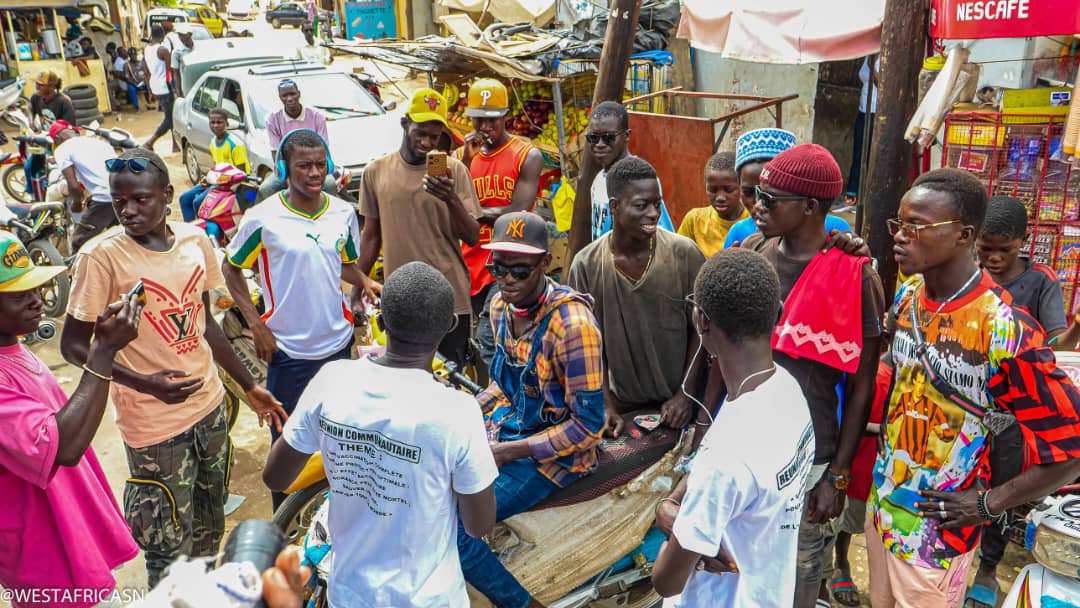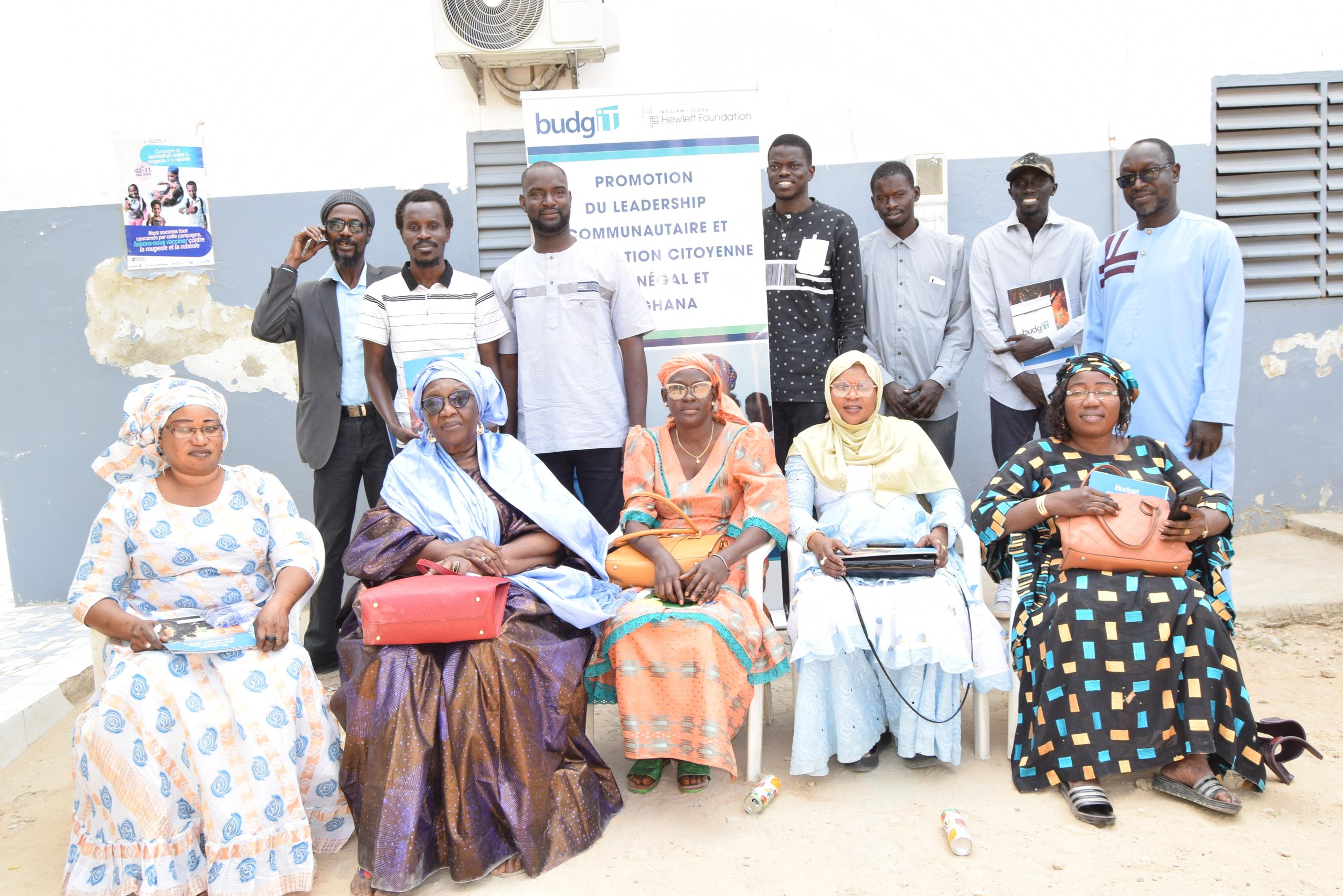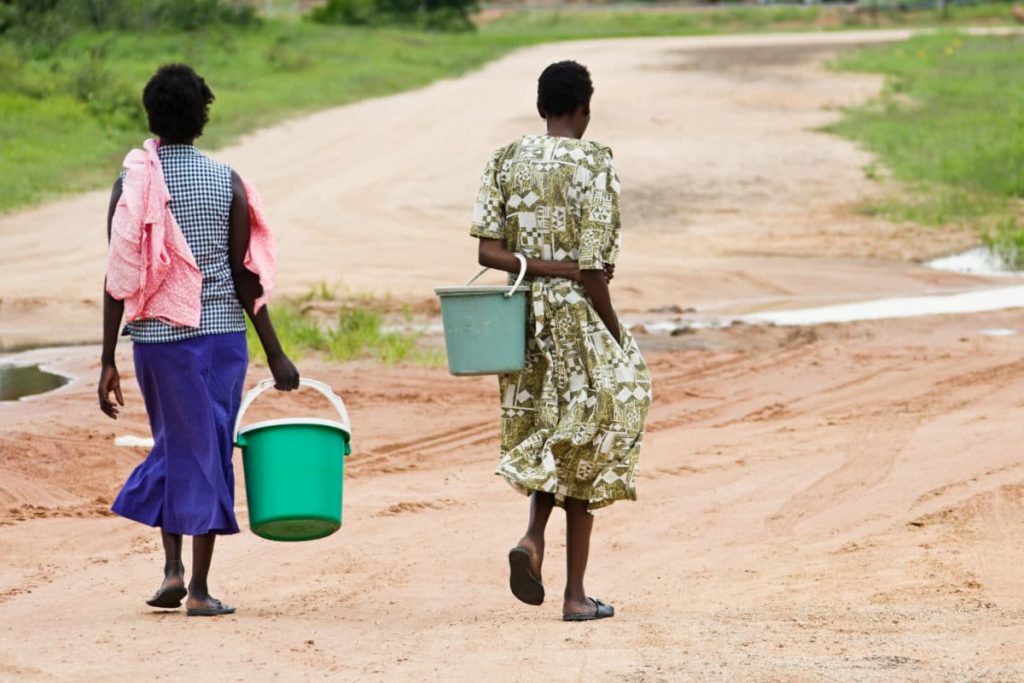Tracka Diaries
Senegal, like many West African countries, presents two contrasting images. On one hand, there are luxurious buildings and vibrant squares in the regional capitals. On the other, there is a harsh reality faced by 557 communities that struggle with inadequate school infrastructure, hospitals, roads, access to clean drinking water, and energy. This darker image of Senegal, which reflects the experience of the majority of the population, is often obscured by those in power due to a lack of accountability and equity in governance.

More than 10 million Senegalese people continue to live in extreme precariousness despite the government’s claims of progress through various projects and programs that are largely non-existent in reality. It often seems as though Senegal stops at Dakar and a few other regional capitals, with places like Diourbel resembling more of a community than a true region.
Communities often face marginalization, inequality, and a complete violation of their rights at various levels. Despite this, Senegal is a signatory to several international human rights conventions, including the Universal Declaration of Human Rights and the African Charter on Human and Peoples’ Rights, which advocate for equitable access to civil rights and public services for all citizens.
Furthermore, the transformative promise at the core of the 2030 Agenda for Sustainable Development and its associated Sustainable Development Goals (SDGs) is to “leave no one behind.” This promise reflects the unwavering commitment of all UN member states to eliminate poverty in all its forms, end discrimination and exclusion, and reduce the inequalities and vulnerabilities that prevent people from achieving their full potential.

However, according to BudgIT’s community champions—active citizens and local leaders who are dedicated to promoting community leadership and encouraging citizen participation in governance—the standards set by these agreements are still far from being realized. They strive for improved public service provision in Senegal, especially in the communities they represent.
Senegal has promising statistics regarding access to drinking water in urban areas; however, significant disparities exist, particularly in remote regions. While some localities have access to “drinkable” water, they encounter major challenges, especially the lack of connections and the necessary equipment to link to the water supply network.
In the few homes that are connected in the regions of Kaolack, Mbour, Saint-Louis, Sédhiou, Diourbel, and Ziguinchor, residents still experience frequent water cuts and drops in water pressure. This inconsistency undermines the availability and quality of water essential for daily life. Thus, access to drinking water is not guaranteed continuously, and Senegal faces additional challenges in sustainably managing this vital resource.
Furthermore, the country grapples with issues related to cross-border water management since some of its water resources are derived from basins shared with neighboring countries. On top of this, there has been a rise in diseases such as cholera, diarrhea, typhoid, and bilharzia.

Additionally, the health sector in Senegal faces significant difficulties. This sector is often represented by a hierarchical structure that includes the central level, consisting of the Minister’s office and various directorates; the intermediate level, comprising regional hospitals; and the peripheral level, which includes health districts.Senegal has promising statistics regarding access to drinking water in urban areas; however, significant disparities exist, particularly in remote regions. While some localities have access to “drinkable” water, they encounter major challenges, especially the lack of connections and the necessary equipment to link to the water supply network.
In the few homes that are connected in the regions of Kaolack, Mbour, Saint-Louis, Sédhiou, Diourbel, and Ziguinchor, residents still experience frequent water cuts and drops in water pressure. This inconsistency undermines the availability and quality of water essential for daily life. Thus, access to drinking water is not guaranteed continuously, and Senegal faces additional challenges in sustainably managing this vital resource.
Furthermore, the country grapples with issues related to cross-border water management since some of its water resources are derived from basins shared with neighboring countries. On top of this, there has been a rise in diseases such as cholera, diarrhea, typhoid, and bilharzia.
Additionally, the health sector in Senegal faces significant difficulties. This sector is often represented by a hierarchical structure that includes the central level, consisting of the Minister’s office and various directorates; the intermediate level, comprising regional hospitals; and the peripheral level, which includes health districts.latter, located in the communities, are deprived of basic needs, and constitute “mouroirs” for local citizens, mainly due to faulty equipment, old buildings, lack of personnel, hygiene and qualifications.
Tracka is a public service delivery platform that enables community leaders and champions to monitor projects and demand transparency and accountability from government officials.
Tracka empowers citizens to take action for the current and future well-being of their communities. It has both a community and technology dimension, which amplifies citizens’ voices. As a collaborative tool for citizen monitoring, Tracka utilizes social media, community radio, and local engagements to meticulously track capital investments and advocate for transparent budget allocations that benefit all citizens.
Our initiative emphasizes the importance of ensuring public funds elevate the community rather than serving only the privileged few. Every citizen deserves access to quality services, and authorities have a duty to be accountable for their governance while prioritizing the needs of the community. We hope our initiative will lead to positive social change, allowing every citizen in Senegal to access basic necessities such as clean water, education, and healthcare facilities.
